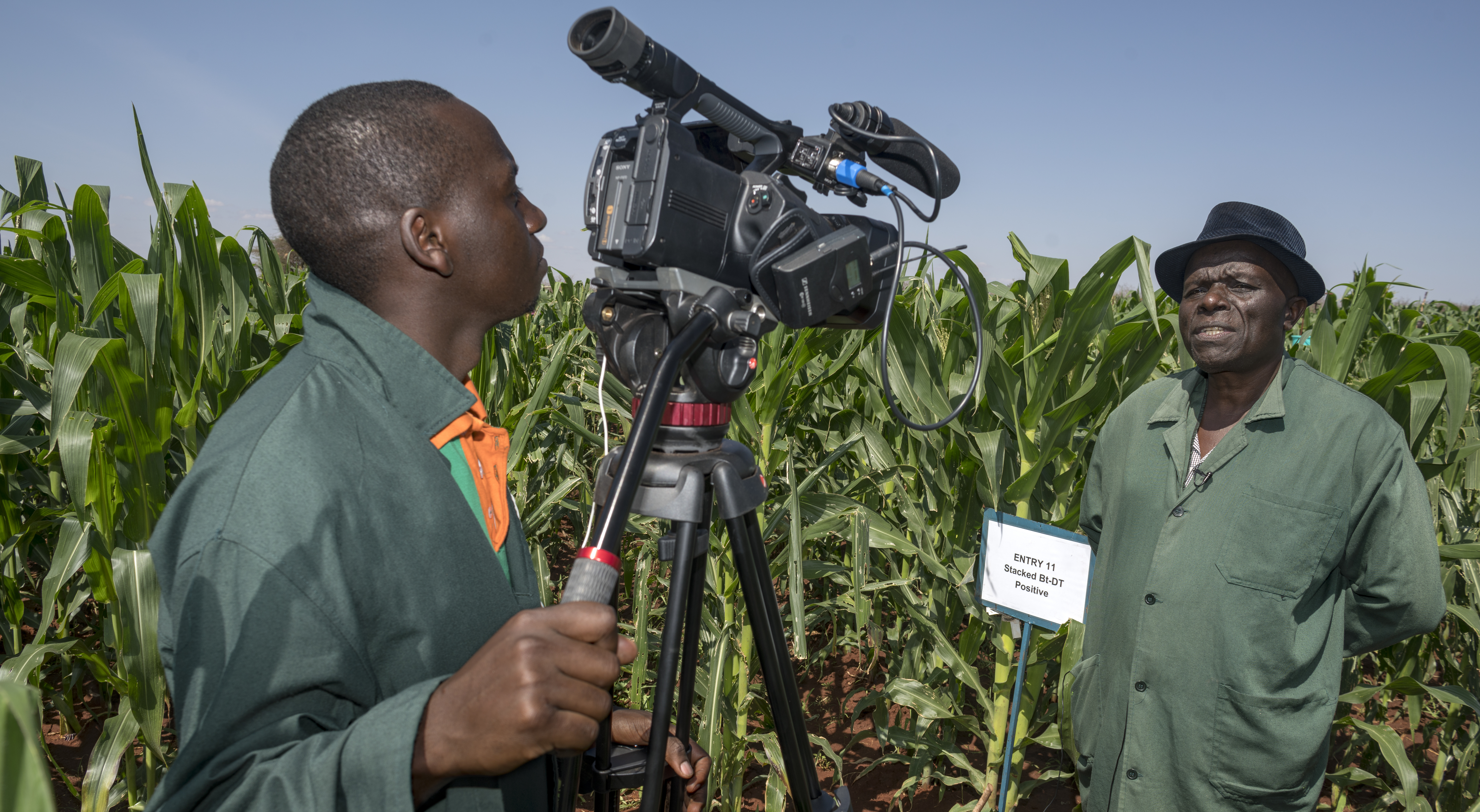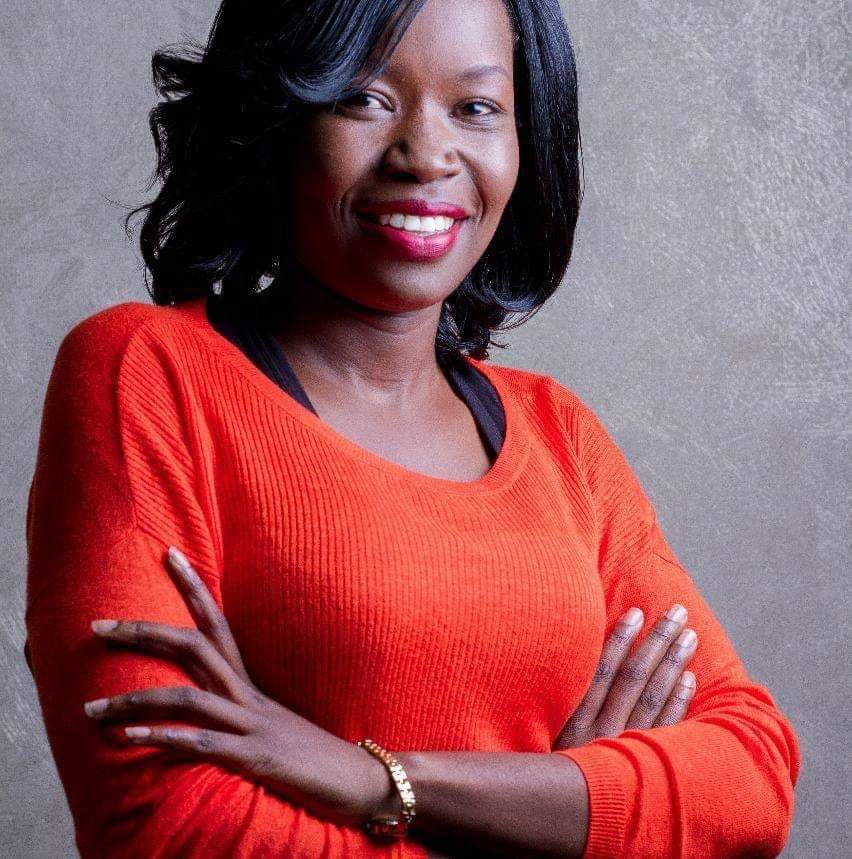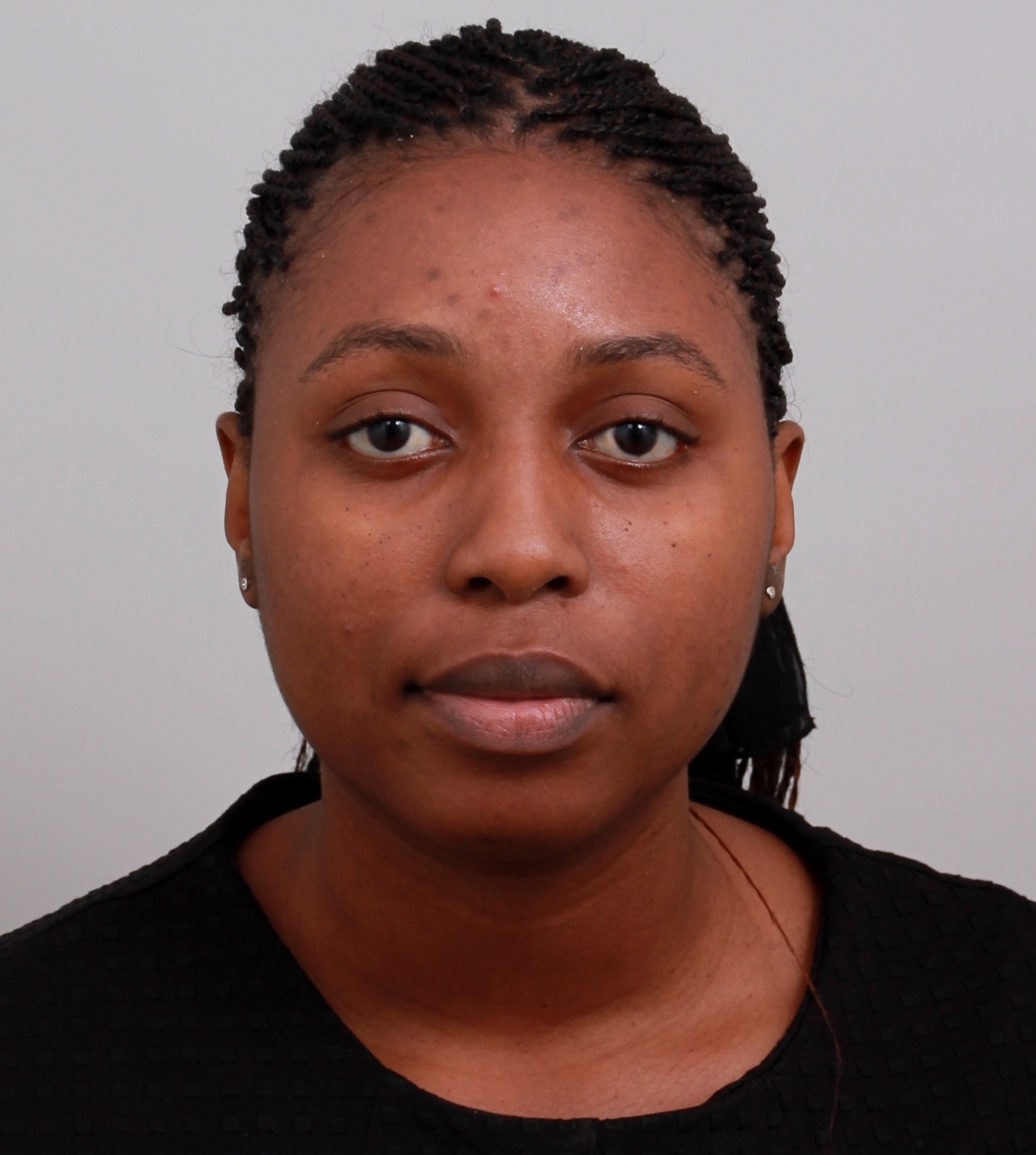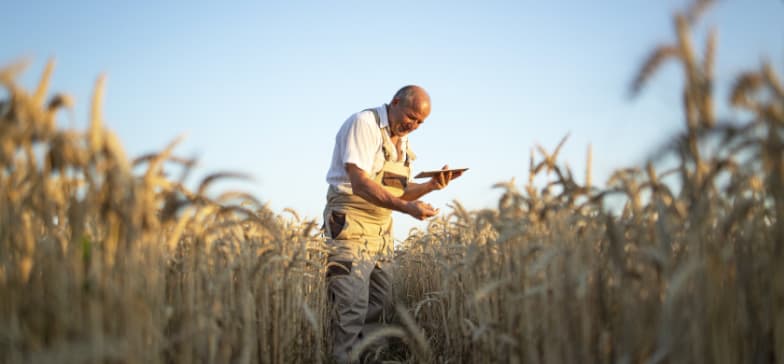FREQUENTLY ASKED QUESTIONS
Science
What role does agriculture play in poverty alleviation?
A: The overarching incentive for CIMMYT’s work was defined by the late CIMMYT wheat breeder and Nobel Peace Prize winner Norman Borlaug, who famously said: “I cannot sit idly by in the midst of abject poverty and hunger and human misery.” Almost one billion people in the world go hungry, and agriculture plays a significant role in establishing food security. Market forces, foreign policy, political will, and climate instability also have a profound impact on food security and can neutralize CIMMYT’s efforts.
Is there a difference between hybridized and genetically modified crops?
A: Hybrid maize is produced by cross-pollinating two inbred lines, normally from unrelated parent populations. This typically results in plants of high uniformity, vigor, and yields. First developed in the USA in the early 20th Century, hybrids were quickly adopted by farmers and are now the only type of maize grown in industrialized countries and are also widely-sown in many developing countries. To get the full advantages of hybrid maize, farmers normally need to buy fresh seed each crop cycle.
Genetically modified maize plants have had a specific gene inserted into their genome and activated. Typically, the genes come from organisms — other plants species or microbes — with which maize would not be able to cross-pollinate.
An open-pollinated (OPV) or a hybrid maize variety may be genetically modified or not.
Open-pollinated maize varieties (OPVs) are populations of maize whose traits—grain color and type, height, growth cycle, etc.—have been somewhat standardized through selection, either by farmers or breeders, but which are still genetically very diverse. Farmers can save OPV seed and re-sow it the following crop season without losing much yield or other valuable traits that the variety may have.
In the case of wheat, no genetically modified (GM) or hybrid varieties have yet been made available to farmers. All commercialized GM maize varieties worldwide are hybrids.
What does sustainable agriculture mean to CIMMYT?
A: CIMMYT is a part of the global movement to sustainably intensify agriculture. Smallholder farming systems are diverse and complex. In practice, sustainable intensification involves such conservation agriculture practices that simultaneously maintain and boost yields, increase profits, and protect the environment. It contributes to improved soil function and quality, which can improve resilience to climate variability.
Amongst other pressing global issues such as fossil fuel dependence, soil and atmospheric deterioration, spread of disease and pests, and climate change, agriculture is also a major contributor to global environmental degradation. Though CIMMYT has historically sought to address the pressing need to enhance global food production, and we are integrating sustainability science into all areas of research.
What role do genetically modified crops play at CIMMYT?
A: Genetically modified (GM) crops can play a major role in increasing the productivity of global agriculture, helping farmers to meet the food, animal feed, and other demands of a rapidly rising world population, while saving water and forest lands.
CIMMYT recognizes and respects the sovereignty of individual nations to determine if, when, and how, GM crops will be used in their territory, and provides technical support as requested in this process.
Can global food security be achieved without GM crops?
A: The scale of agricultural productivity required to achieve food security will not come solely from genetic modification technologies.
Conventional but novel research programs—far and away the most significant source of gains in food crop yields worldwide—as well as improved farming techniques, training, improved local markets, better storage facilities, effective supply chains, and favorable agricultural policies are crucial. However, for the world to increase agricultural production by almost 2 percent a year by 2050 to achieve food security, GM technologies have a role to play.
Careers
How can I submit an application to work at CIMMYT?
A: Candidates interested in working at CIMMYT should consult currently open jobs listings on the website.
Some jobs are open for nationals of the countries where the positions are based (as a result of legal and benefits conditions associated with the position); these positions are posted as “National.” Other positions are accessible by candidates from around the world; these are posted as “International.”
Please note that we process applications that clearly indicate a specific position of interest (including the position reference number included in our website), and which are accompanied with a detailed CV and letter of expression of interest (cover letter). The announcements note the email address or address to which applications should be sent. Please send the application to only that email address.
Corporate identity
What is your official, institution name?
A: CIMMYT (not International Maize and Wheat Improvement Center)
Other questions
Have any more questions for CIMMYT? Send us a note.



 Climate adaptation and mitigation, Environmental health and biodiversity, Gender equality, youth and social inclusion, Innovations, Nutrition, health and food security, Poverty reduction, livelihoods and jobs
Climate adaptation and mitigation, Environmental health and biodiversity, Gender equality, youth and social inclusion, Innovations, Nutrition, health and food security, Poverty reduction, livelihoods and jobs 